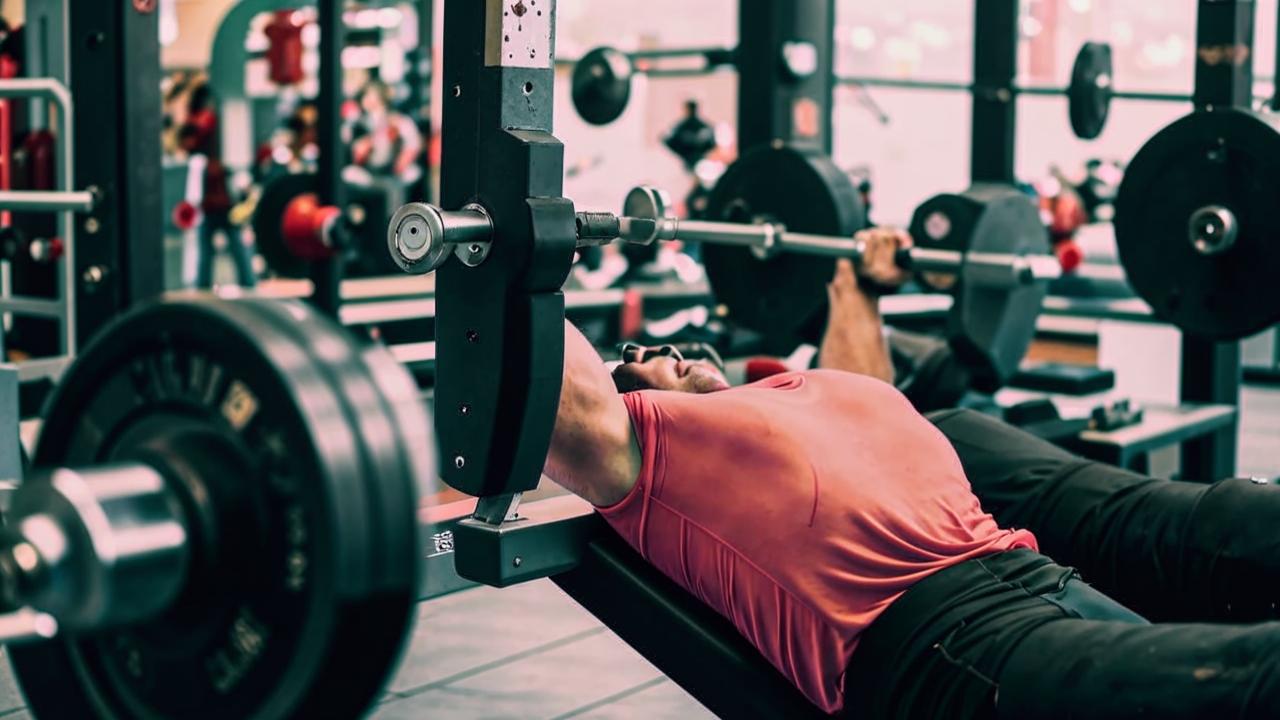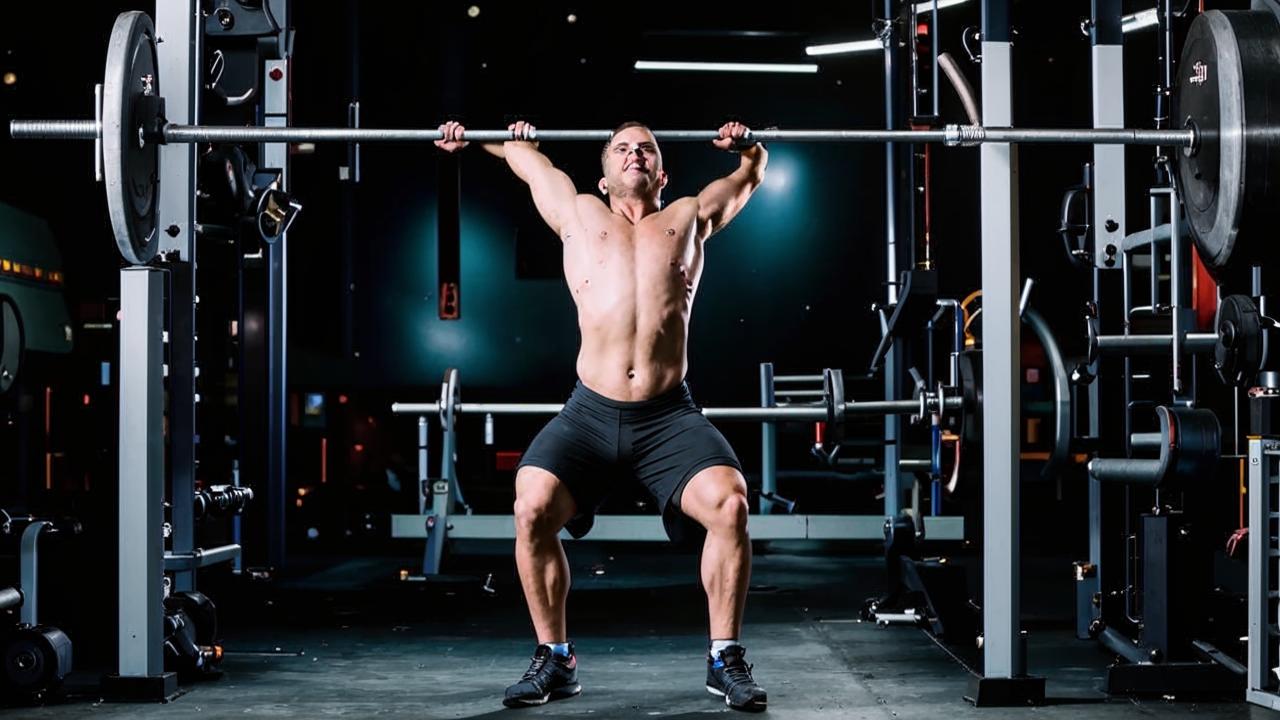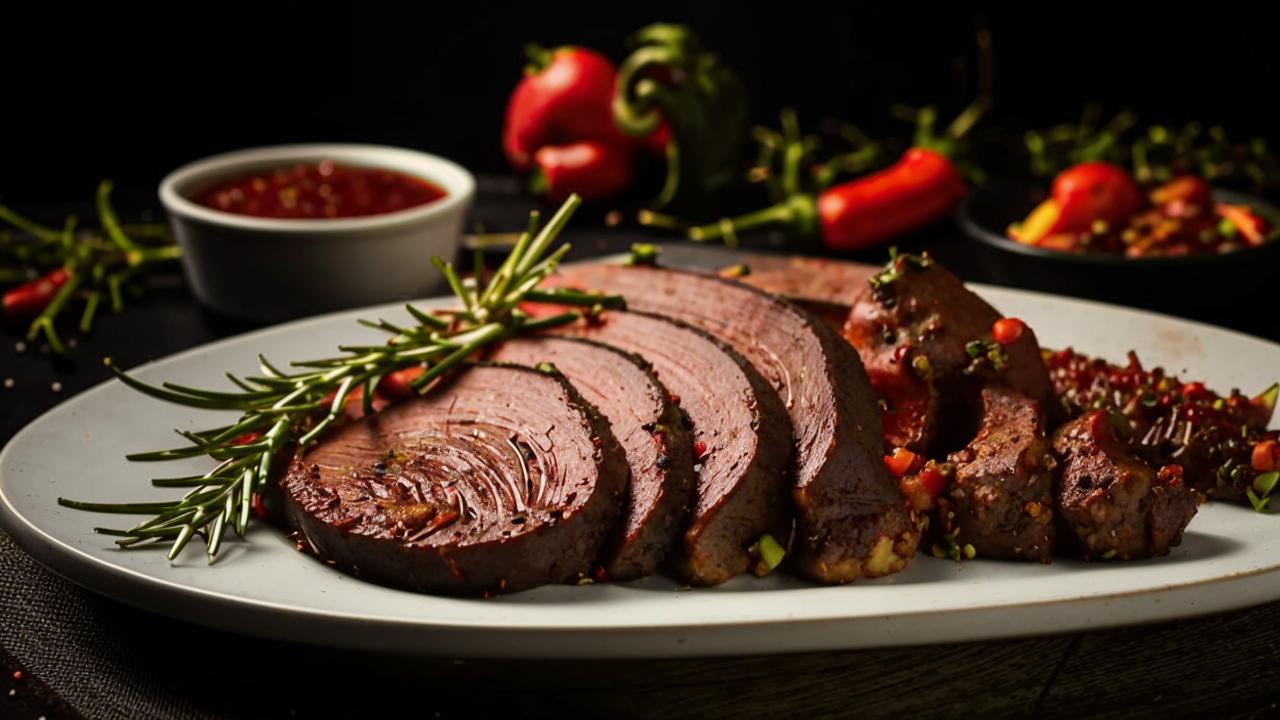
qualified trainer and co-founder of the FitStars online platform
“Heavy weight is a key element in bodybuilding that can increase muscle mass. It is an individual figure, if we are not talking about world records. For a reference point, you can take the following values in basic exercises.”
- Barbell squats and deadlifts – from 200 kg.
- Bench press – from 150 kg.
- Fly pull – from 120 kg.
The average repetition range is 6-8 times for basic exercises. It can vary depending on your training and style of training. For example, in powerlifting the main goal is to maximize the weight on one repetition. In bodybuilding, the main goal is to develop muscle mass and volume.
How to start lifting heavy weights?
First, you need to set a clear goal and be ready to apply extra effort. Determine what weight you are aiming for and why you need it.
Secondly, develop a personal set of measures – a training plan, diet and recovery regimen. We will talk about this further.
Separately, I will note medical contraindications – if you have never lifted heavy weights, it is better to consult a doctor before starting intensive training.

Training plan
Here we pay attention to the number of sessions per week, the set of exercises, their intensity and, of course, tonnage – the total amount of weights lifted in kilograms per session.
How it is calculated: let’s say you performed 100 kg for 10 repetitions. The weight (100 kg) is multiplied by the number of approaches (10) – tonnage equals a ton.
To make a competent training plan, you need extensive knowledge in the subject of sports. If you don’t have expertise in these matters, consult a qualified specialist. 90% of people in the gym are not giving their bodies the stress they need to grow strength and muscle mass. A trainer will help you track your progress and not stray from your goal.

Regimen adherence
To make training really work, you will need to establish a regimen of day, loads, nutrition, sleep and recovery. Without a clear discipline, it is very difficult to make progress.
For example, you go to bed at the same time every day. You go to the gym three times a week. It’s not just about proper habits. The body adapts to the regimen and understands what activities will happen at certain hours. It is ready for them and responds well, optimizing the work of internal systems, including hormonal.
An important reminder: be sure to account for rest days from training. Progress occurs when the body responds to stress and adapts to it during the recovery period.
Voeding
A quality diet with adequate macronutrients is important for successful recovery. Here are some tips:
Create a calorie surplus. Your diet should contain more calories than your body needs for training and activity. Energy is essential for muscle growth.
Don’t forget to eat after workouts. After exercise, the body needs extra energy for recovery. Protein or quality carbohydrates will be a great choice.
Avoid protein deficiency. Protein is used for all body processes, including building new cells, repairing tissues and maintaining internal organs. If you can’t get it in regular food, use protein supplements.

Personal experience
In 2009, I decided to take part in a powerlifting competition for the first time. Three exercises were counted – bench press, squats with a barbell and deadlift. At that time I worked as a coach and literally lived in the gym. With the goal set, I was able to make significant progress in just a year.
I was able to perform 230 kg squats, 190 kg bench press and 230 kg deadlift. At that time I weighed 115 kg.
I followed this strategy:
- repetition range for heavy weight – 3-5 times;
- no more than two additional strength exercises;
- focus on the main exercises – bench press, barbell squats, deadlift;
- training three times a week.
Now my working weights are 100-120 kg in basic movements, I weigh just under 100 kg. I mainly focus on muscle fatigue – I try to bring the muscle to a certain state, which will then give progress. The same stress we talked about above.
The main goal for me is to feel good, to have fun in the process, to keep fit and healthy.
At the end of the day, there are no secrets to reaching higher weights. With experience, you’ll understand how your body reacts to training and you can adjust your approach in the process. However, regardless of all the technical aspects, discipline, stamina and the ability to wait remain key. Only with constant effort and a consistent approach can you achieve impressive bodybuilding results.






